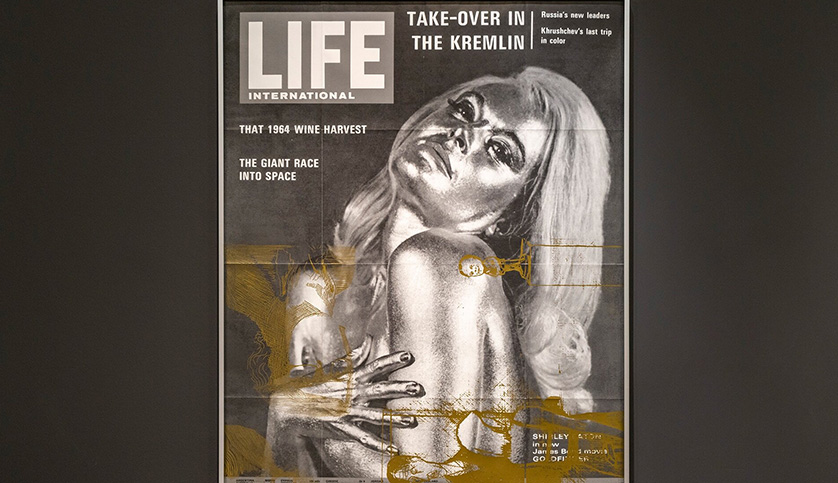Director: Andrei Tarkovsky
Cast: Alisa Freyndlikh, Aleksandr Kaydanovskiy, Anatoliy Solonitsyn
Soviet Union, 1979, 163’, color, black & white
Russian with Turkish subtitles
While Solaris is considered the pinnacle of Tarkovsky's engagement with the fantastical, Stalker has its many defendants. Arguably the most accessible of Tarkovsky's films, this philosophical fable employs the roughest outlines of a novel by Soviet sci-fi writers Arkady and Boris Strugatsky. A mysterious Zone is said to contain a room that grants wishes; the Stalker will take you there for a fee, past military checkpoints and more obscure dangers. A clear imprint of this terse, laconic film is still felt in such apocalyptic hits as 28 Days Later. - by Robert Skotak
Trailer

Inspired by the exhibition And Now the Good News, which focusing on the relationship between mass media and art, we prepared horoscope readings based on the chapters of the exhibition. Using the popular astrological language inspired by the effects of the movements of celestial bodies on people, these readings with references to the works in the exhibition make fictional future predictions inspired by the horoscope columns that we read in the newspapers with the desire to receive good news about our day.
Tuesday - Saturday 10:00 - 19:00
Friday 10:00 - 22:00
Sunday 12:00 - 18:00
The museum is closed on Mondays.
On Wednesdays, the students can
visit the museum free of admission.
Full ticket: 300 TL
Discounted: 150 TL
Groups: 200 TL (minimum 10 people)